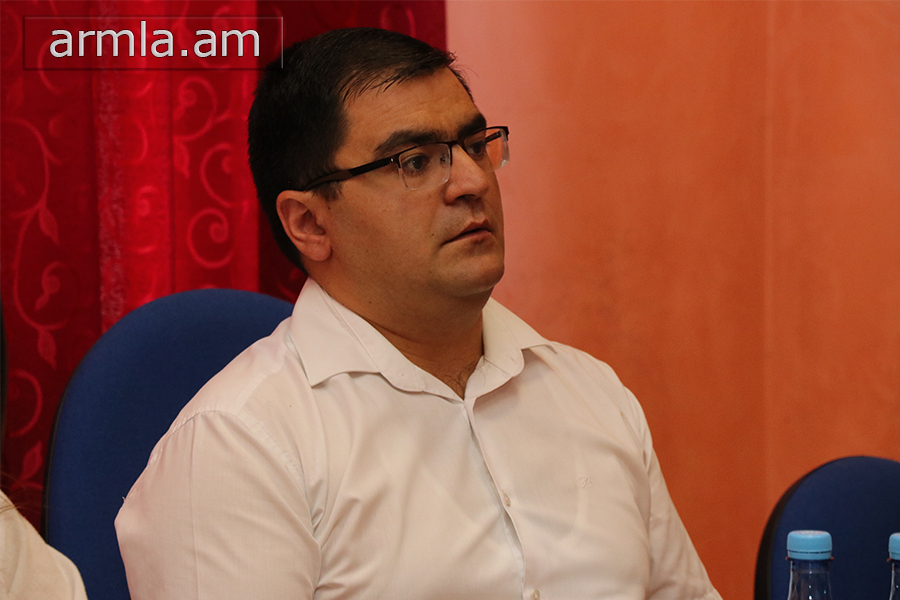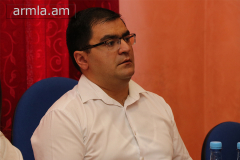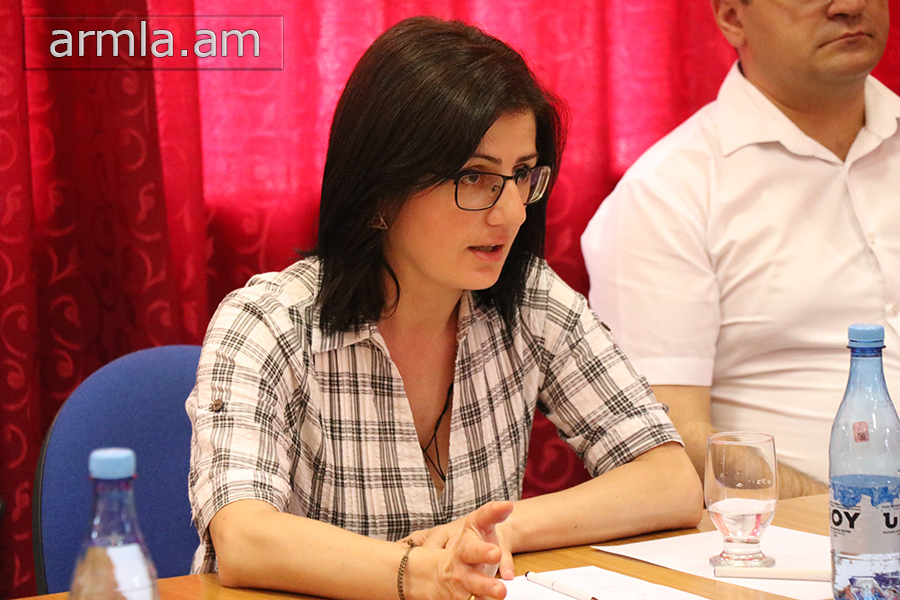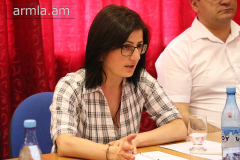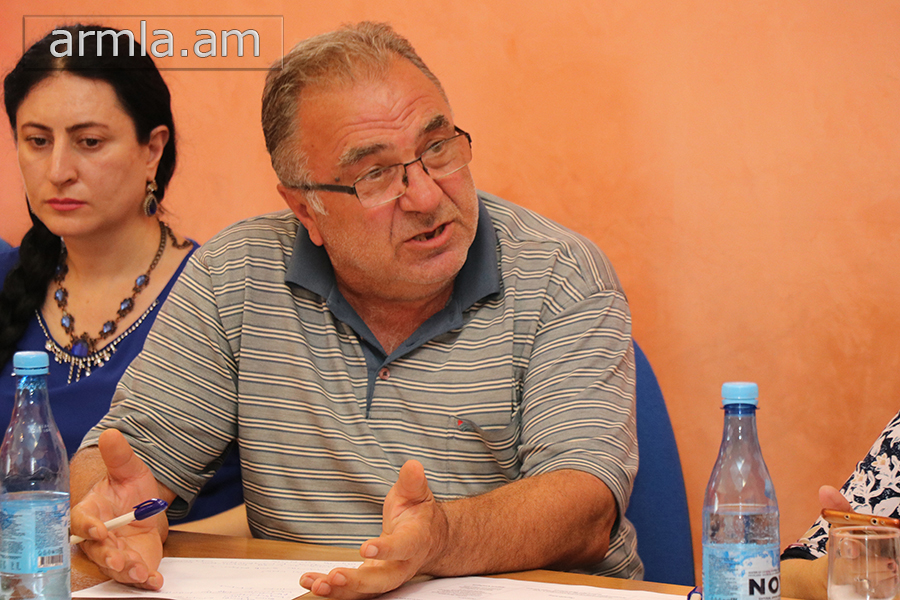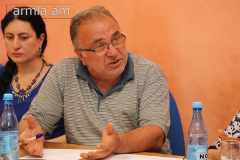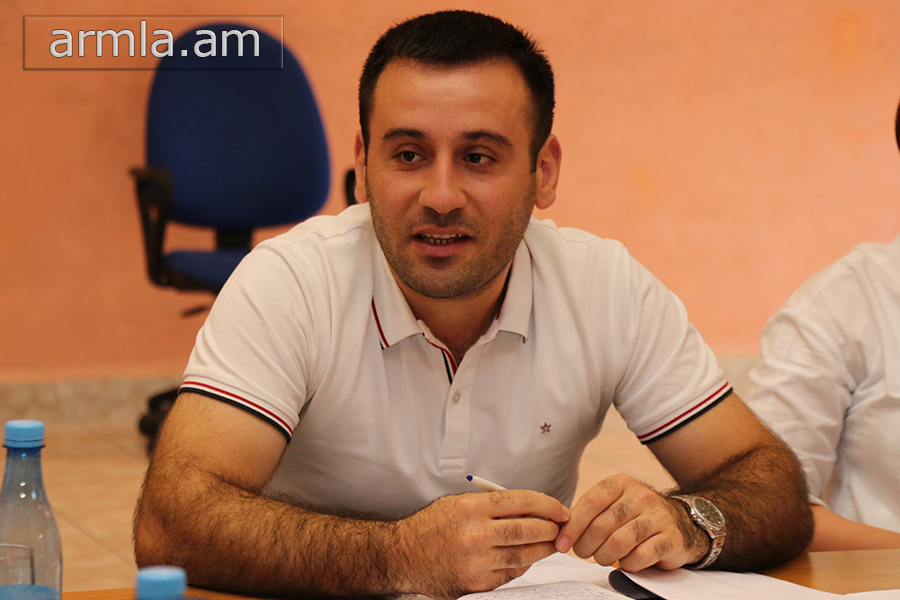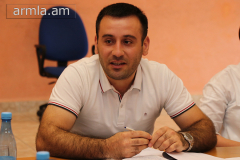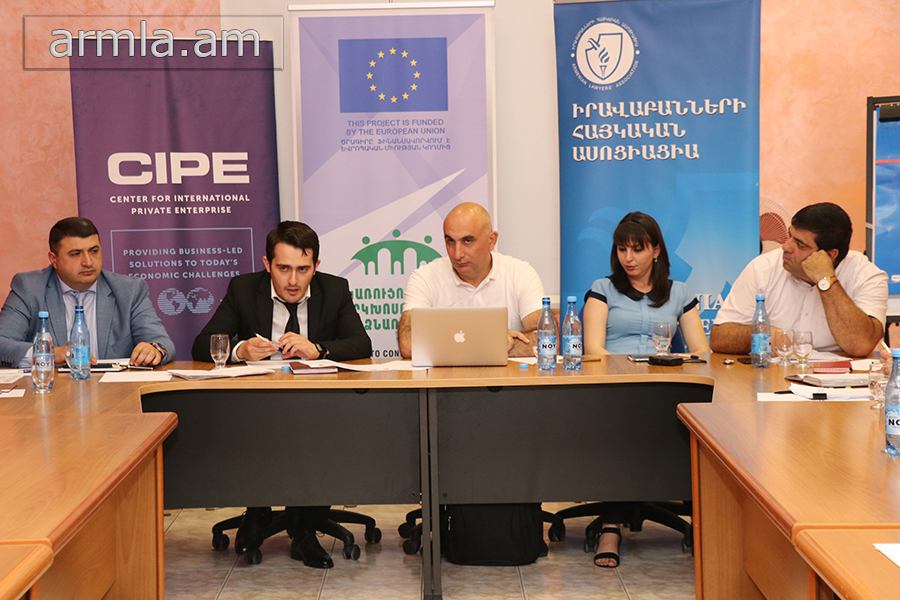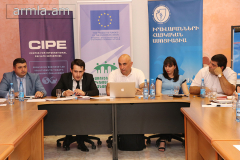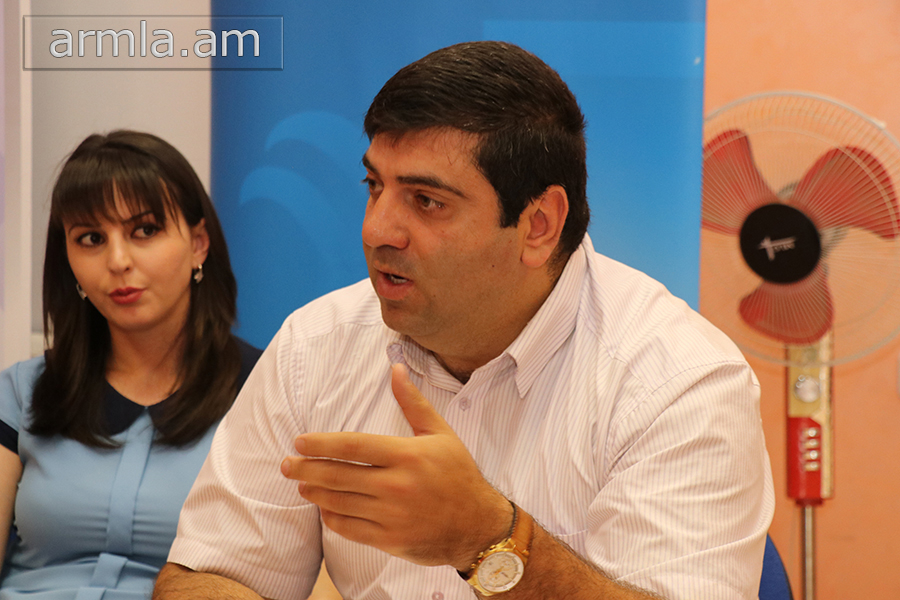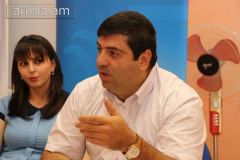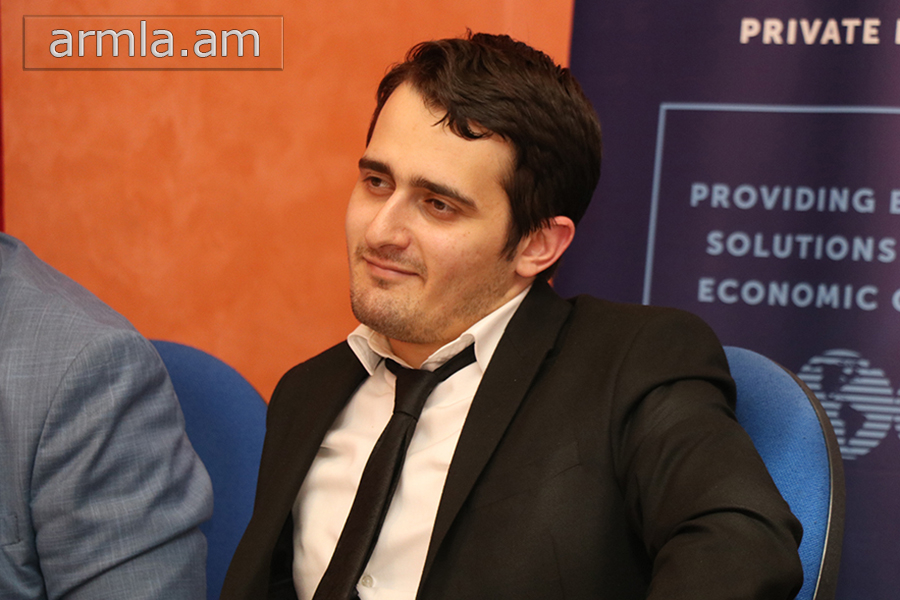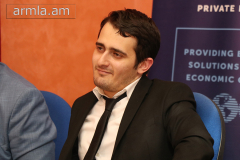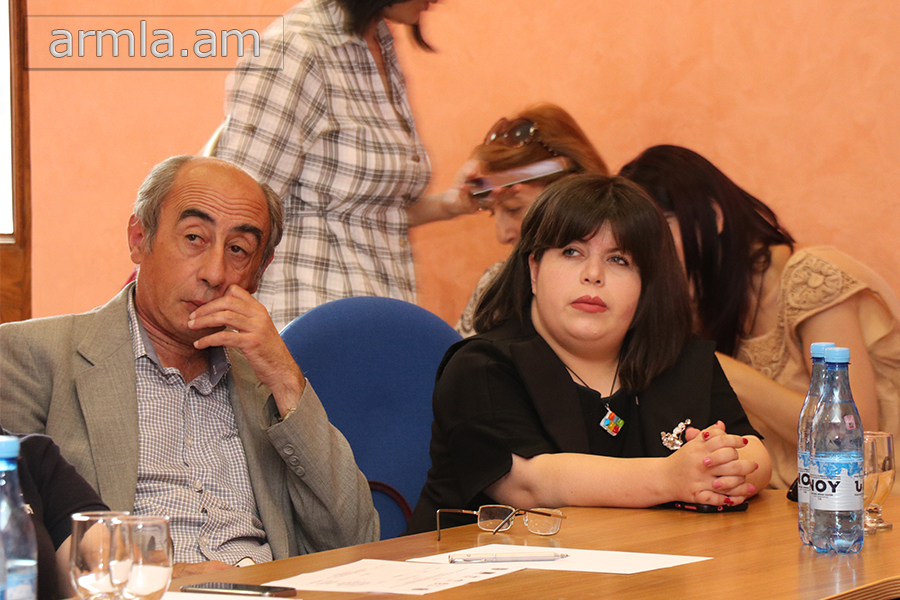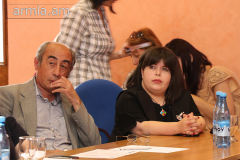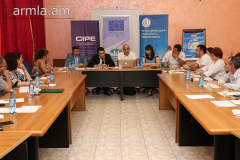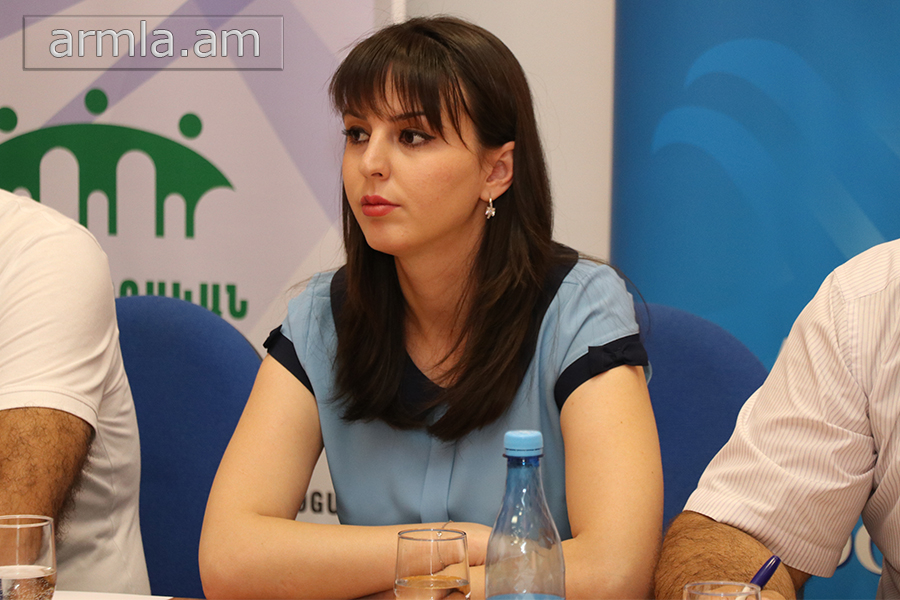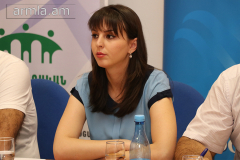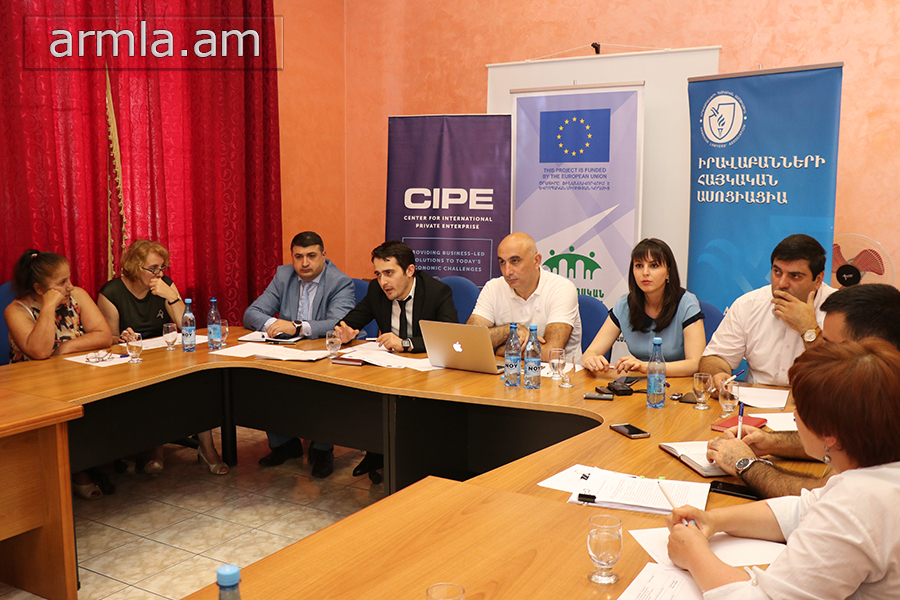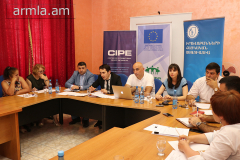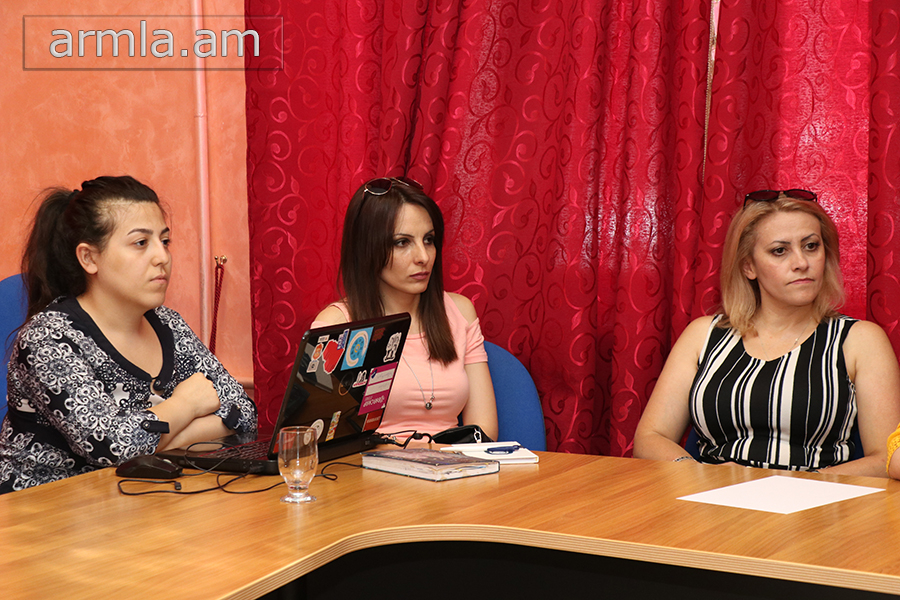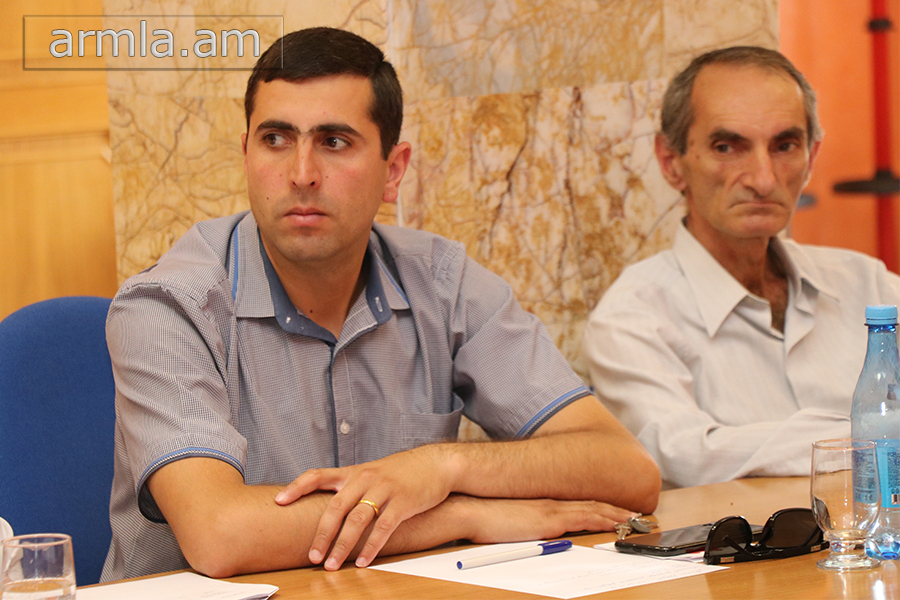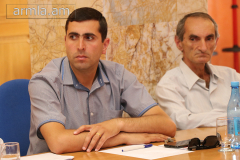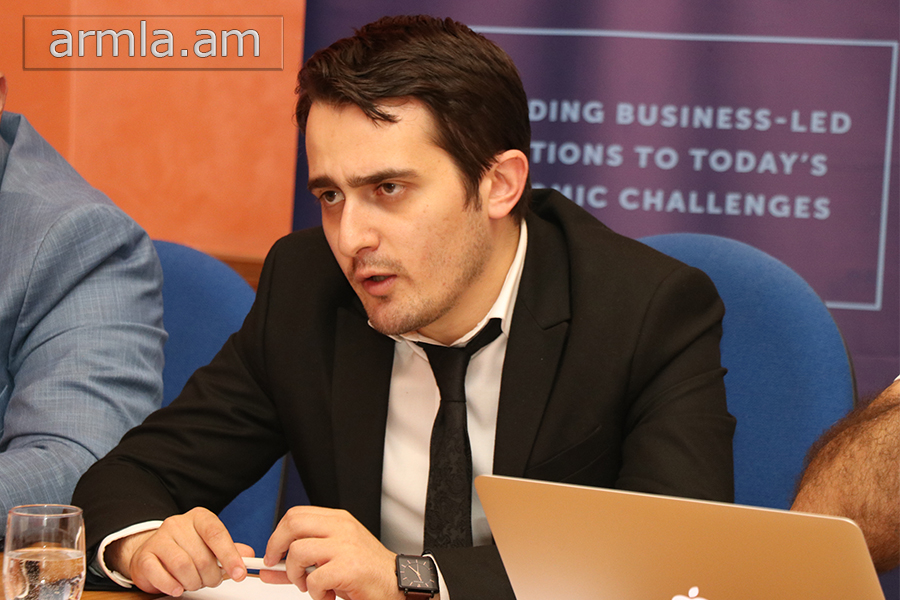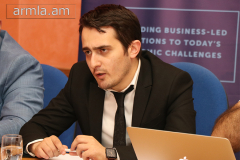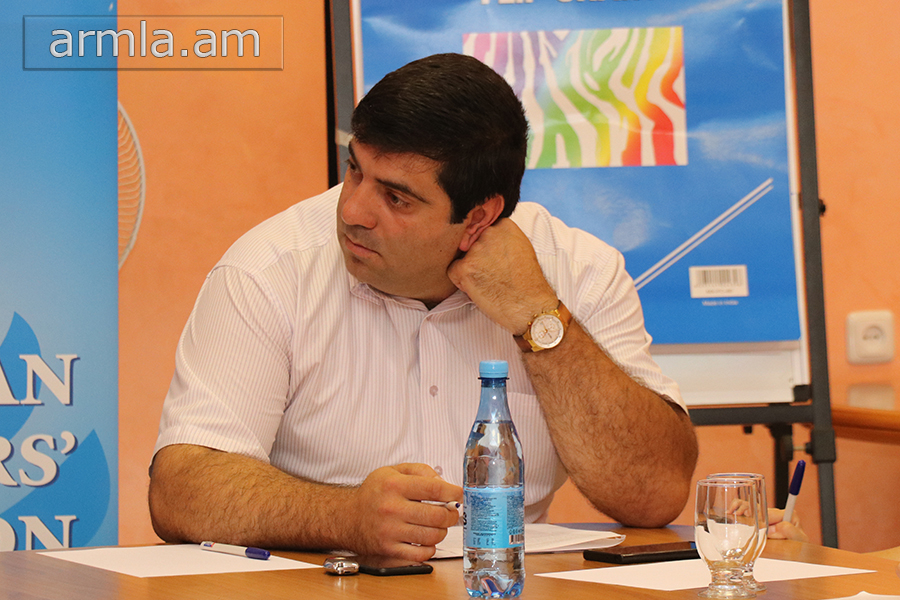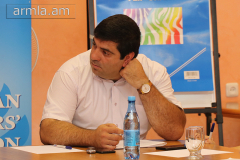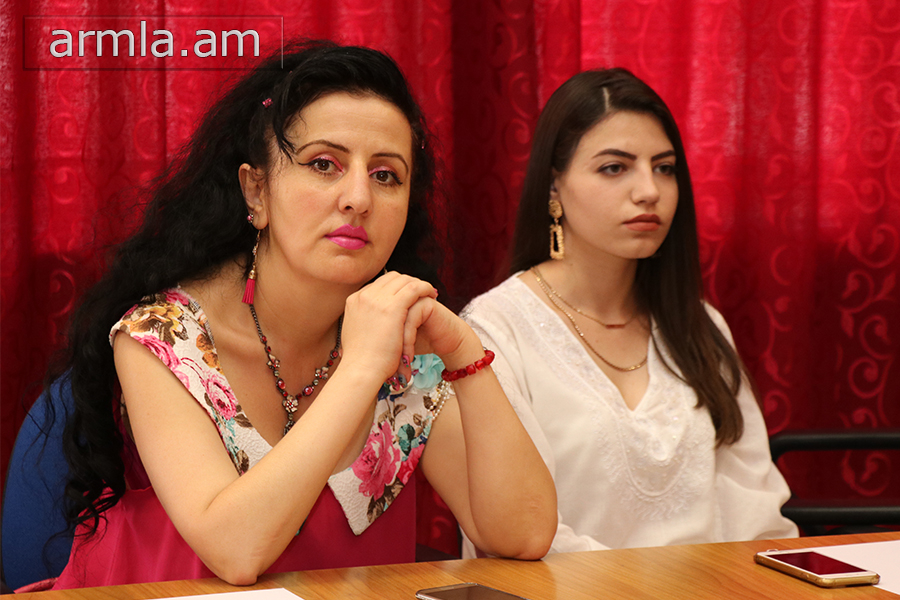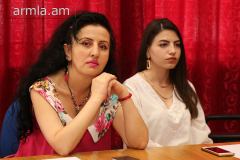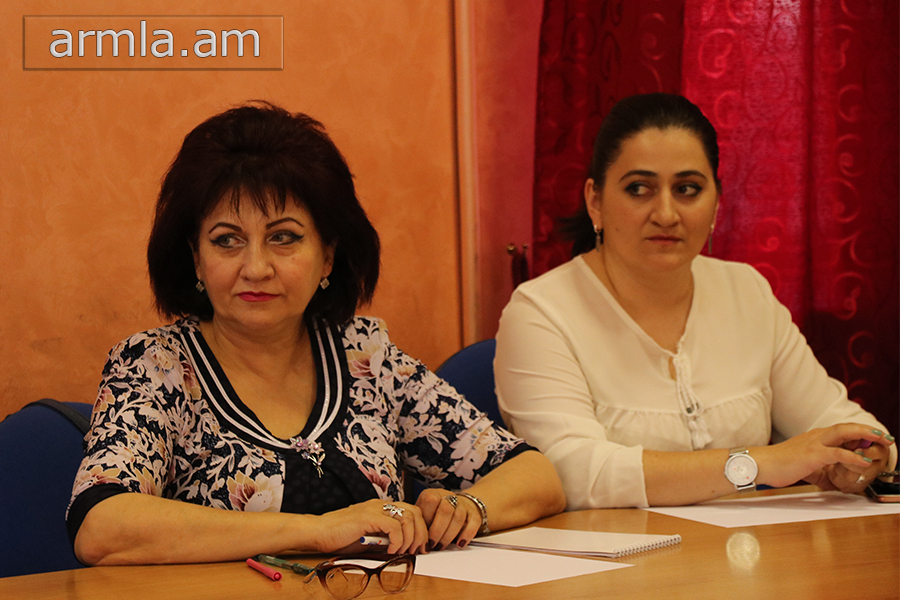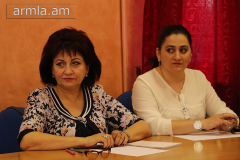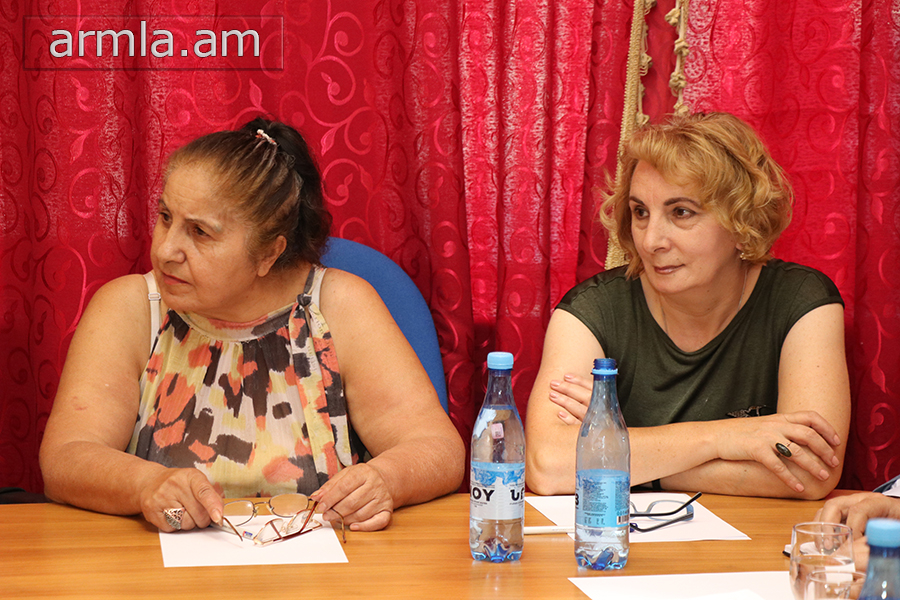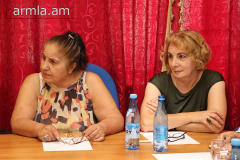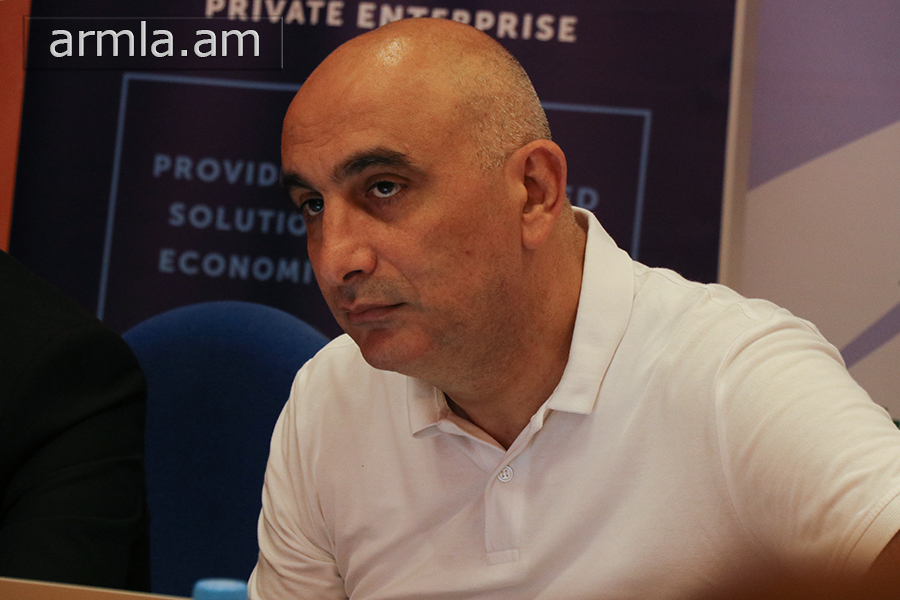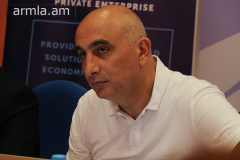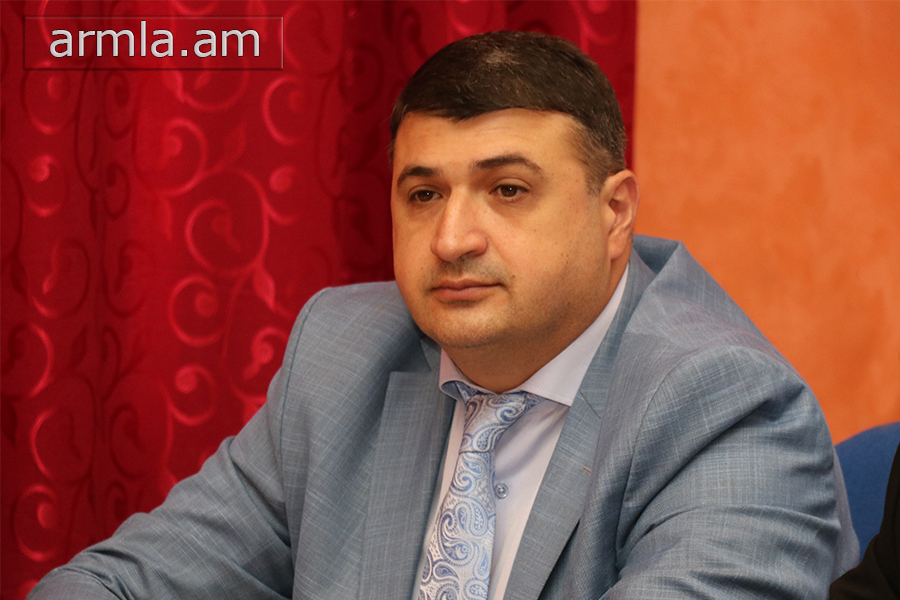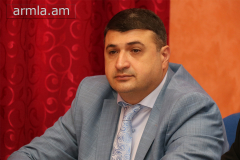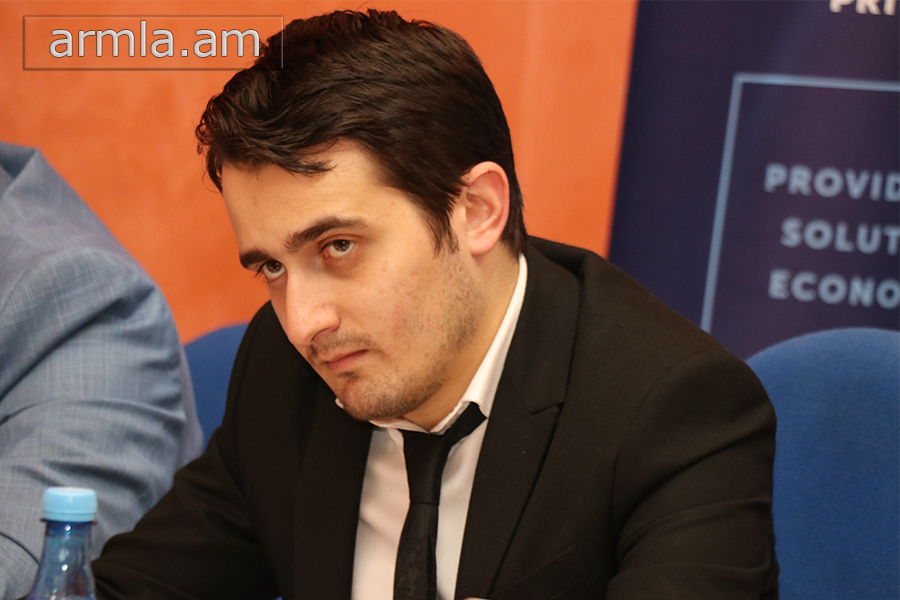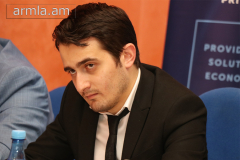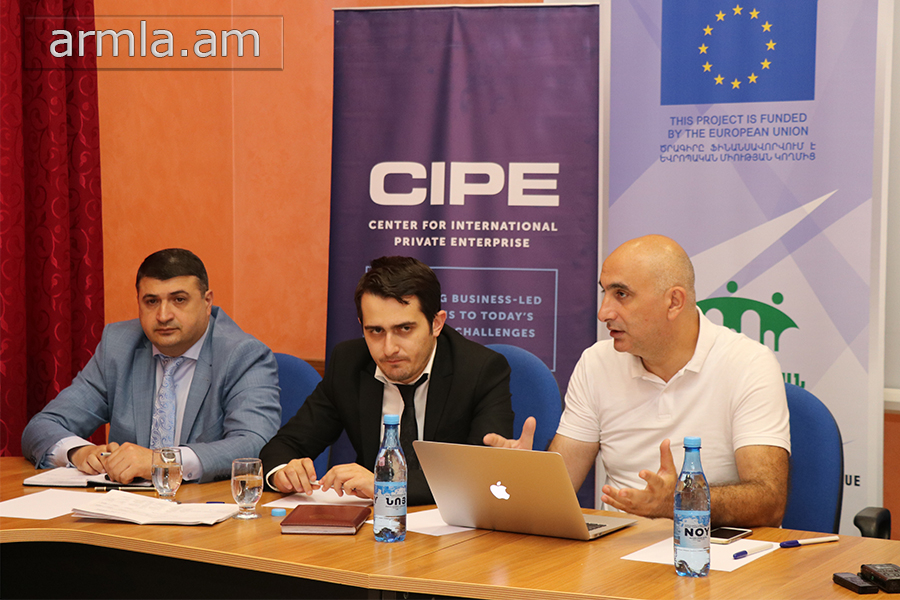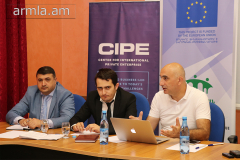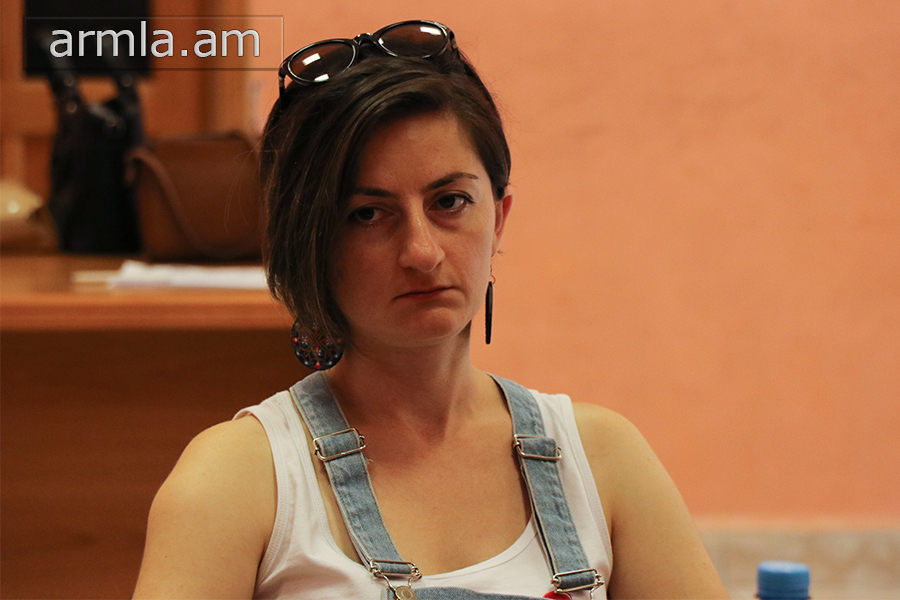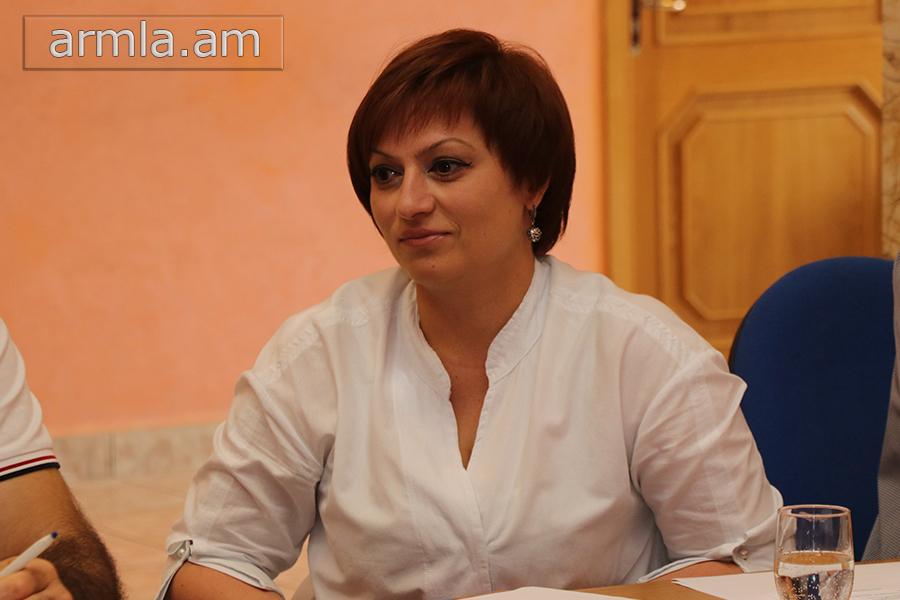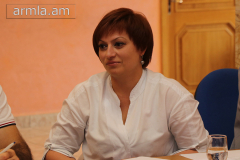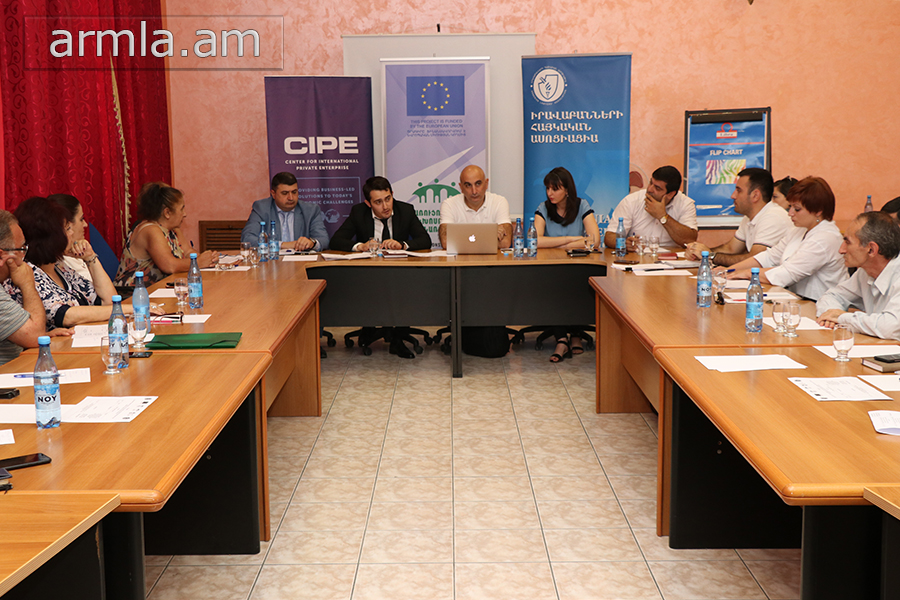
On 11 July, the discussion of the Draft Anti-Corruption Strategy of the Republic of Armenia and its Implementation Action Plan for 2019-2022 was with participation civil society organisations was held in Gyumri.
It was organized by the Armenian Lawyers’ Association, CSOs Anti-Corruption Coalition of Armenia and the Ministry of Justice of the Republic of Armenia within the framework of EU funded “Commitment to Constructive Dialogue” (CCD) project and “Armenia: Promoting Anti-Corruption Conduct and Reforms” project implemented by the “Center for International Private Enterprise” (CIPE).
The main anti-corruption measures aimed at prevention of corruption, identification of corruption crimes and anti-corruption education were presented. A reference to the toolkits of the two anti-corruption bodies – the Anti-Corruption Committee and the Corruption Prevention Commission were made as well.
Mr. Karen Zadoyan, Coordinator of Secretariat of the CSO Anti-Corruption Coalition, “Commitment to Constructive Dialogue” Project Manager, delivered a welcoming speech. He noted that compared with the previous draft anticorruption strategies, this one is most discussed. “As the most important actor of the sphere, our coalition strives to have a strategy that will be invulnerable, and eventually everything that is written on the paper can be actually realised in the history of Armenia. We shall do everything that depends on us; we will do our best so that the anti-corruption strategy would not fail. The Ministry of Justice is a strategic partner of the Armenian Lawyers’ Association and CSO Anti-Corruption Coalition of Armenian, regardless of whether we have disagreements on some issues,” Karen Zadoyan said.
Mr. Tigran Khachikyan, the First Deputy Minister of Justice thanked the Armenian Lawyers’ Association and the CSO Anti-Corruption Coalition of Armenian for organizing the conference. “It is extremely important at this stage when we are in the process of outlining the anti-corruption strategy of Armenia for the next three years. It is important to make the best use of the best public expertise and the best use possible, as well as such public discussions that are aimed at this objective.
Tigran Khachikyan presented the main provisions of the Draft Anti-Corruption Strategy of the Republic of Armenia and its Implementation Action Plan for 2019-2022 and answered to the participants’ questions. The issue of introducing an institutionalized anti-corruption system in Armenia was discussed during the event. The Ministry of Justice proposed the introduction of the separation model of the anti-corruption system, with possible prospects for switching to a universal model in case of justification.
In the case of this model, we have an Anti-Corruption Preventive Body in the person of the Corruption Preventive Commission and the Investigative Authority for Corruption Offenses, represented by the Anti-Corruption Committee.`
Karen Zadoyan also noted that CSOs’ argumentation remained unchanged and the anti-corruption struggle should be carried out through an independent anti-corruption universal body, whose activities should be based on three key pillars: anti-corruption education, corruption prevention and inevitability of punishment. According to him, the view that the three functions united under the roof of one body will bring a super body is artificial and not justified. Moreover, these three functions are not only fully compatible within one body but also in the case of Armenia are justified and necessary.
The President of the Armenian Lawyers’ Association also touched upon the issue of unjustified and directed fact of excluding the CSO Anti-Corruption Coalition of Armenia from the Anti-Corruption Policy Body, considering it a serious omission of the Government’s anti-corruption policy.
The discussion was productive and took place in the format of a constructive dialogue.

